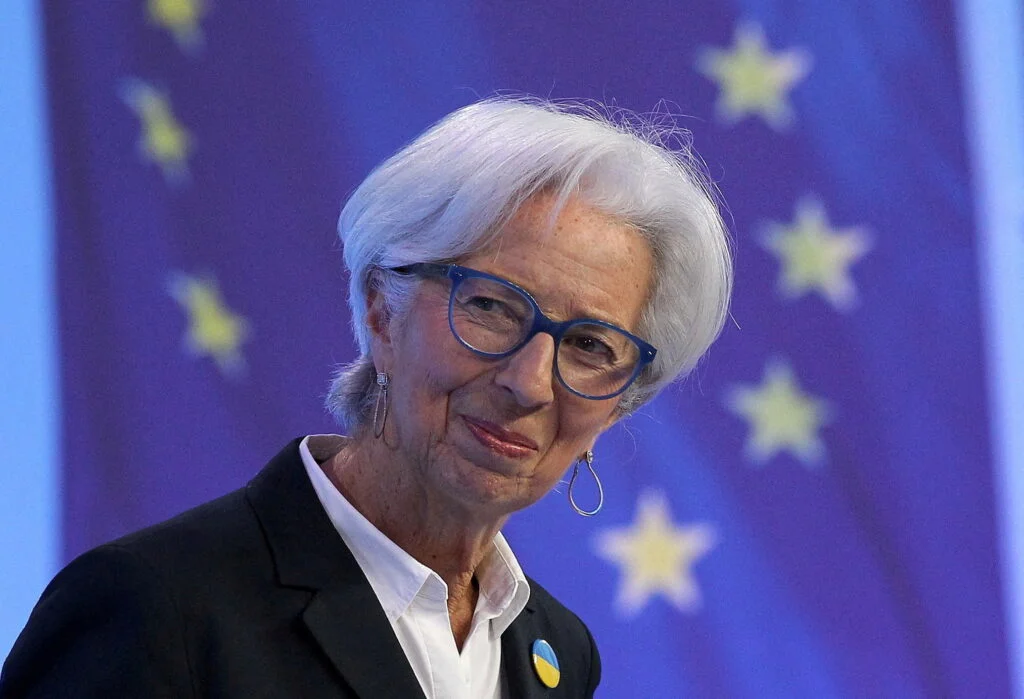Christine Lagarde, the president of the European Central Bank, told EU lawmakers that a digital euro-pilot will take at least two years and that privacy, not anonymity, will be protected.

The European Central Bank (ECB) is exploring the possibility of issuing a central bank digital currency (CBDC) called the digital euro, but it is not in a hurry to launch it anytime soon.
According to ECB President Christine Lagarde, a digital euro-pilot will take at least two years before it reaches a final decision.
Lagarde made these remarks on Monday, September 25, 2023, at the EU Parliament’s Economic and Monetary Affairs Committee, where she answered questions from lawmakers about the ECB’s monetary policy and the digital euro project.
Privacy, not anonymity
One of the main concerns raised by some lawmakers was how the digital euro would protect the privacy of users and prevent the misuse of data by the ECB or other entities.
Lagarde assured them that the digital euro would respect privacy but not anonymity.
“We can address all the conspiracy theories that bounce about this as if ‘BIG BROTHER’ is suddenly going to determine what you buy, when you buy it, and how restricted it should be – then I think it would be characterized as a success,”.
Christine Largarde
She added that the use of digital currency depends on how the ECB manages to make sure that privacy is protected. “Not anonymity, but privacy.”
Lagarde also said that the digital euro would not replace cash but complement it as an additional choice for consumers and businesses.
She said that the digital euro would be user-friendly, free, and universal throughout the euro area.
A lot of work to be done
Lagarde admitted that there is still a lot of work to be done before the digital euro becomes a reality.
She said that the ECB has been conducting extensive research and surveys on the potential demand and design of a CBDC in Europe, but it is not until later in October that the governing council will decide whether to move ahead with more piloting of the project.
“The pilot will probably take us another two years, at least, before it’s the final say,” she said.
She also confirmed that the issuance of a digital euro would require legislative approval from the EU authorities. She said that the ECB is working closely with the European Commission and other stakeholders to ensure a smooth and safe transition.
“Let me emphasize, once again, that the issuance of a digital euro represents an opportunity, not a risk, for the European financial sector.”. “We are designing it as a safe payment tool in order to preserve the role of public money while balancing innovation in payments with the stability of the financial sector and guaranteeing privacy.”
A lot going on in crypto
Lagarde acknowledged the crypto space’s dynamism, but she was not impressed by some of the developments. She claimed that some crypto assets had failed to deliver on their promises of efficiency, security, and inclusion.
The president warned about the risks posed by stablecoins and global stablecoins, which are crypto assets pegged to fiat currencies or other assets.
She said these instruments could threaten financial stability, monetary sovereignty, and consumer protection if they are not properly regulated.
Her support for the EU’s efforts is aimed at establishing a comprehensive regulatory framework for crypto assets and stablecoins. She also revealed that the ECB is closely monitoring the initiatives of other central banks to issue their own CBDCs.
Christine argued that a digital euro would strengthen the monetary sovereignty of the euro area and foster competition and efficiency in the European payment sector.
She also envisioned that a digital euro would strengthen the monetary sovereignty of the euro area and foster competition and efficiency in the European payment sector.
